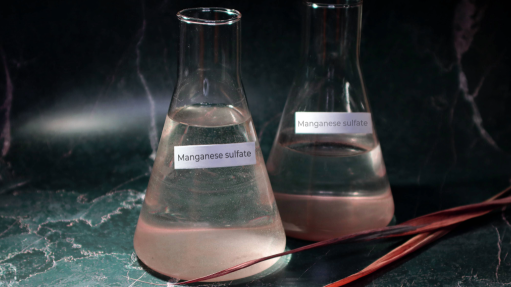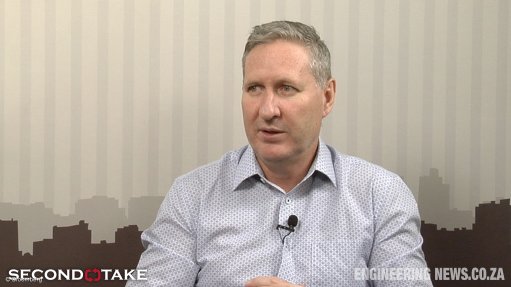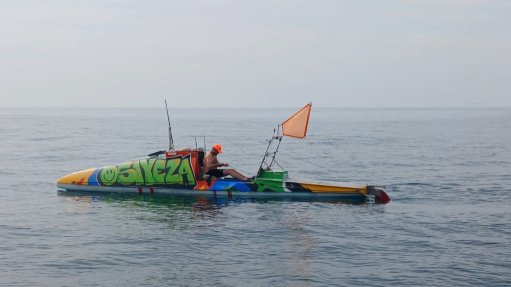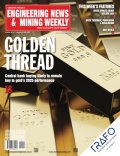Researchers propose novel filtration for solar
Tertiary institution Korea Maritime & Ocean University’s (KMOU’s) scientists proposed an innovative emulsion filter that can be used to improve the energy harvesting capabilities of decoupled photovoltaic-thermal (PVT) systems.
The KMOU team notes that photovoltaic (PV) modules suffer from a low conversion efficiency, roughly 20%, because they can only convert near-infrared wavelengths into electricity.
Consequently, the team proposes a decoupled PVT system, using a novel liquid filter to selectively absorb or transmit solar irradiance to the PV module. Moreover, the filter effectively absorbs ultraviolet (UV), visible light, and other infrared wavelengths, which do not contribute to electricity generation, and converts them into thermal energy.
Through the PVT system, the generated heat is transferred away by means of a heat exchanger containing a coolant fluid that also cools down the PV module.
The system therefore increases the efficiency of the PV module and allows for the captured heat to be used as thermal energy.
According to the paper published in chapter 287 of the journal Energy Conversion and Management on July 1, 2023, in a PVT system, thermal energy can be obtained from a conventional PV system with the attachment of a heat exchanger beneath the PV module.
The PVT system can redirect the excess heat to general or water heating applications, which can contribute to reducing a building’s energy consumption.
The team of researchers, led by KMOU assistant professor Jae Won Lee, propose an innovative emulsion of fish oil and water as a liquid filter, as the mixture efficiently absorbs both infrared and UV light, thereby increasing the energy collection potential of a decoupled PVT system.
“Most liquid filters use either water or a mixture of water and solid nanoparticles to absorb the unused wavelengths of solar irradiance. However, water only absorbs the infrared portion of sunlight with wavelengths exceeding 1 250 nm. Solid nanoparticles, on the other hand, tend to settle over time, which diminishes their efficiency,” Lee pointed out.
In contrast, the proposed emulsion remains stable at high temperatures of up to 70 ºC. Further, the oil droplets within the emulsion are effective at absorbing UV light with the wavelengths below 500 nm.
“An emulsion is a mixture of oil and water, and unlike nanofluids in which solid particles are dispersed, it does not cause sedimentation or clogging in pipes,” explained Lee.
The presence of the emulsion filter significantly improved the efficiency of the conversion and lowered the operating temperature in comparison to systems with heat exchangers alone, with the efficiency increasing from 70.9% to 84.4%, while the temperature decreased from 46.7 ºC to 33.1 ºC.
The researchers found that under a standard solar irradiance of 1 000 W/m2, the decoupled PVT system with the emulsion filter produced electrical and thermal energies amounting to 72.2 Wh a day and 1 176.7 Wh a day.
This proved to be economically beneficial, with a lower cost payback time than both PVT systems and decoupled PVT systems using water filtration, with the proposed system being capable of being operated under specific requirements and environmental conditions.
Comments
Press Office
Announcements
What's On
Subscribe to improve your user experience...
Option 1 (equivalent of R125 a month):
Receive a weekly copy of Creamer Media's Engineering News & Mining Weekly magazine
(print copy for those in South Africa and e-magazine for those outside of South Africa)
Receive daily email newsletters
Access to full search results
Access archive of magazine back copies
Access to Projects in Progress
Access to ONE Research Report of your choice in PDF format
Option 2 (equivalent of R375 a month):
All benefits from Option 1
PLUS
Access to Creamer Media's Research Channel Africa for ALL Research Reports, in PDF format, on various industrial and mining sectors
including Electricity; Water; Energy Transition; Hydrogen; Roads, Rail and Ports; Coal; Gold; Platinum; Battery Metals; etc.
Already a subscriber?
Forgotten your password?
Receive weekly copy of Creamer Media's Engineering News & Mining Weekly magazine (print copy for those in South Africa and e-magazine for those outside of South Africa)
➕
Recieve daily email newsletters
➕
Access to full search results
➕
Access archive of magazine back copies
➕
Access to Projects in Progress
➕
Access to ONE Research Report of your choice in PDF format
RESEARCH CHANNEL AFRICA
R4500 (equivalent of R375 a month)
SUBSCRIBEAll benefits from Option 1
➕
Access to Creamer Media's Research Channel Africa for ALL Research Reports on various industrial and mining sectors, in PDF format, including on:
Electricity
➕
Water
➕
Energy Transition
➕
Hydrogen
➕
Roads, Rail and Ports
➕
Coal
➕
Gold
➕
Platinum
➕
Battery Metals
➕
etc.
Receive all benefits from Option 1 or Option 2 delivered to numerous people at your company
➕
Multiple User names and Passwords for simultaneous log-ins
➕
Intranet integration access to all in your organisation


















